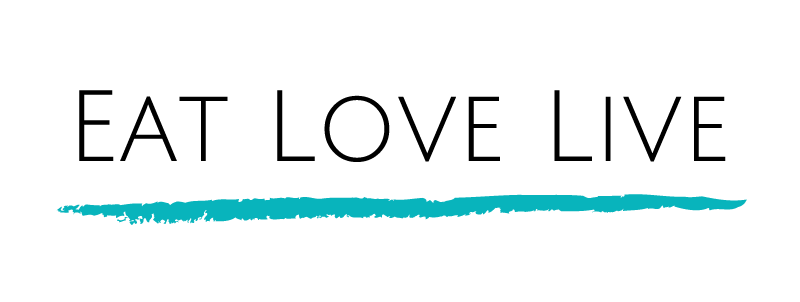PHYSIOTHERAPY
Eat Love Live are excited to welcome physiotherapy as a new service for our clients, with a particular focus on supporting those with eating disorders and/or poor body image in the recovery process.
The relationship that many people have with their bodies and movement is a complex one, and our physiotherapist - Rebecca Gawler - acknowledges the courage it takes to have conversations with a health professional about these topics.
Eat Love Live hopes to provide a safe, inclusive and judgement free space to develop a positive relationship with movement and address recovery concerns including bone density and associated injuries, pain and tightness. Rebecca explains this in more detail below.
Want to explore movement in a safe, inclusive and judgement free space? Learn about our weekly physio-led movement classes here!
Why see a physiotherapist?
Over 80% of those with eating disorders struggle with dysfunctional exercise, a term describing unhealthy thoughts and behaviours around exercise, with feelings of shame, guilt and anxiety. This can lead to either avoidance of physical activity or excessive and compulsive exercise.
When recovering from an eating disorder it is important to develop a positive relationship with both food and movement/exercise. Working alongside dietitians, GPs and psychologists, physiotherapists are well suited to guide exercise during the recovery process. Physiotherapists can also help to manage the physical consequences of malnutrition and stress including decreased strength, low bone density, overuse injuries and muscle tension.
A CONVERSATION WITH BEC
What role does a physiotherapist play in eating disorder support and chronic illness?
What can physiotherapists help with?
Exercise
- Using evidence-based guidelines to include movement in the recovery process in a safe and enjoyable way
- Work on developing a healthy mindset around exercise
- Develop skills in listening to your body to guide movement
Treatment of musculoskeletal concerns
- This might include stress fractures, over-use injuries, muscular tension, pain, weakness, and stiffness
Bone health and osteoporosis
- Targeted advice and exercises to improve bone density
Hands on treatment / massage
- Beneficial to release muscle tension, manage fluid retention, promote relaxation, and decrease anxiety around physical touch
Movement re-education
- Feeling disconnected from one’s body is very common in those with eating disorders. Physiotherapy can assist with feeling more connected to your body and improving stability, posture, balance, and movement patterns
References:
- Butterfly foundation (2021). Community Insights Research. Sydney: Butterfly Foundation. Retrieved from https://butterfly.org.au/wp-content/uploads/2021/11/Butterfly-Foundation_Community-
- Insights-Report_January-2021_FINAL.pdf
- Taranis L, Meyer C. Associations between specific components of compulsive exercise and eating-disordered cognitions and behaviours among young women. International Journal of Eating Disorders. 2011;44(5):452-458. doi:10.1002/eat.20838
- Holland L, Brown T, Keel P. Defining features of unhealthy exercise associated with disordered eating and eating disorder diagnoses. Psychol Sport Exerc. 2014;15(1):116-123. doi:10.1016/j.psychsport.2013.10.005
- Mond J, Hay P, Rodgers B, Owen C. An update on the definition of "excessive exercise" in eating disorders research. International Journal of Eating Disorders. 2006;39(2):147-153. doi:10.1002/eat.20214
- Brown K. Physiotherapy In Eating Disorders. 1st ed. The Physiotherapy Eating Disorders Professional Network Group; 2018:1-5. https://cpmh.csp.org.uk/content/physiotherapy-eating-disorders. Accessed November 18, 2020.
- Dobinson A, Cooper M, Quesnel, D. Safe Exercise at Every Stage (SEES): A Guideline for Managing Exercise in Eating Disorder Treatment. Safe Exercise at Every Stage website. https://www.safeexerciseateverystage.com/access-sees-guidelines. Published 2019.
- Hammond L. Physiotherapy Guidance Notes For Osteoporosis And Exercise In Anorexia Nervosa And Bulimia Nervosa. 1st ed. The Physiotherapy Eating Disorders Professional Network Group; 2015:1-27. https://cpmh.csp.org.uk/content/physiotherapy-eating-disorders. Accessed November 18, 2020.
MEET OUR PHYSIO!
 | Looking for a physio to assist you with any of the following?
Meet Rebecca Gawler, ready to provide support in the recovery process. Learn more here. |
